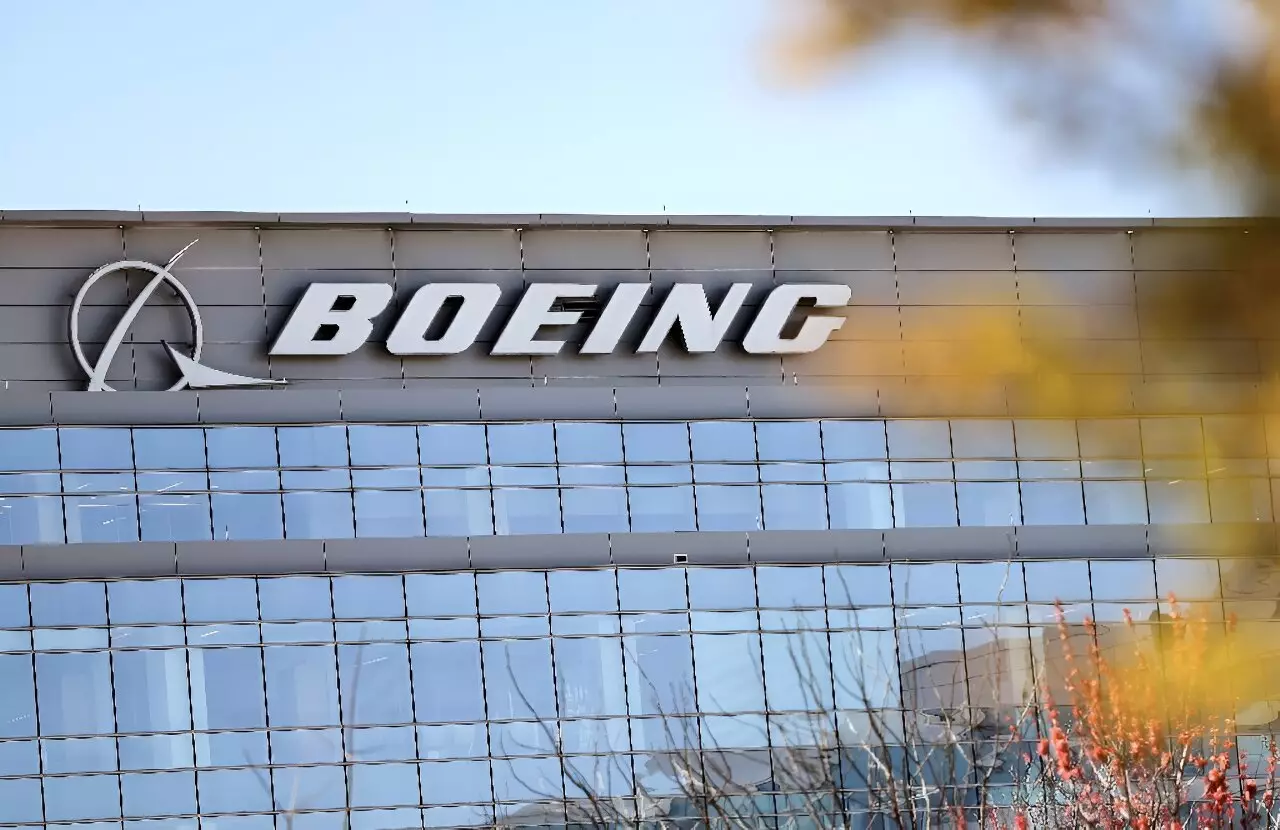In a shocking turn of events, Boeing has agreed to plead guilty to fraud as part of a deal with the US Department of Justice following two fatal 737 MAX crashes that claimed the lives of 346 people. This admission of guilt comes after prosecutors found that Boeing had failed to comply with an earlier settlement related to the tragedies in Ethiopia and Indonesia over five years ago.
The plea deal, which still needs to be approved by a federal court judge, includes an additional $243.6 million fine on top of the previous penalty of the same amount. This agreement signifies a high-profile case where Boeing has been accused of violating a 2021 deferred prosecution agreement by not improving its compliance and ethics program after the MAX crashes. According to court documents, Boeing was found to have conspired to defraud US air traffic safety regulators during the certification process of the Max 737.
Under the terms of the plea deal, Boeing will be serving three years of “organizational probation” with strict conditions such as having an independent monitor and investing at least $455 million in compliance, quality, and safety programs. Despite these terms, families of the crash victims have raised objections to the deal, arguing that it unfairly favors Boeing and fails to hold the company fully accountable for its actions.
The families of the crash victims have expressed their disappointment with the plea agreement, calling it “deceptive and offensive.” They have indicated their intention to ask the court to reject the deal, stating that it does not reflect the severity of Boeing’s actions and the impact on their loved ones. Additionally, the company’s board of directors will be required to meet with the families of the victims as part of the plea deal, highlighting the ongoing emotional toll of the crashes.
This latest development adds to Boeing’s existing legal woes, as the company was previously involved in a deferred prosecution agreement that required them to pay $2.5 billion in fines and restitution for defrauding US aviation regulators. The three-year probationary period linked to that agreement was set to expire this year, but new incidents involving the 737 MAX have reignited concerns about Boeing’s commitment to safety and compliance.
Boeing’s guilty plea for fraud marks a significant chapter in the ongoing saga of the 737 MAX crashes and the company’s response to the aftermath. The repercussions of this decision are far-reaching, impacting not only Boeing’s reputation but also the families of the victims who are seeking justice and accountability. As the legal proceedings unfold, the aviation industry will be watching closely to see how Boeing addresses its failures and works towards regaining public trust.


Leave a Reply